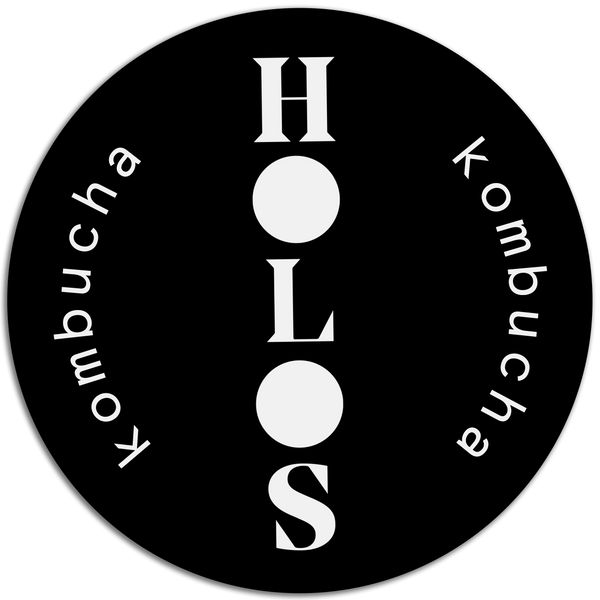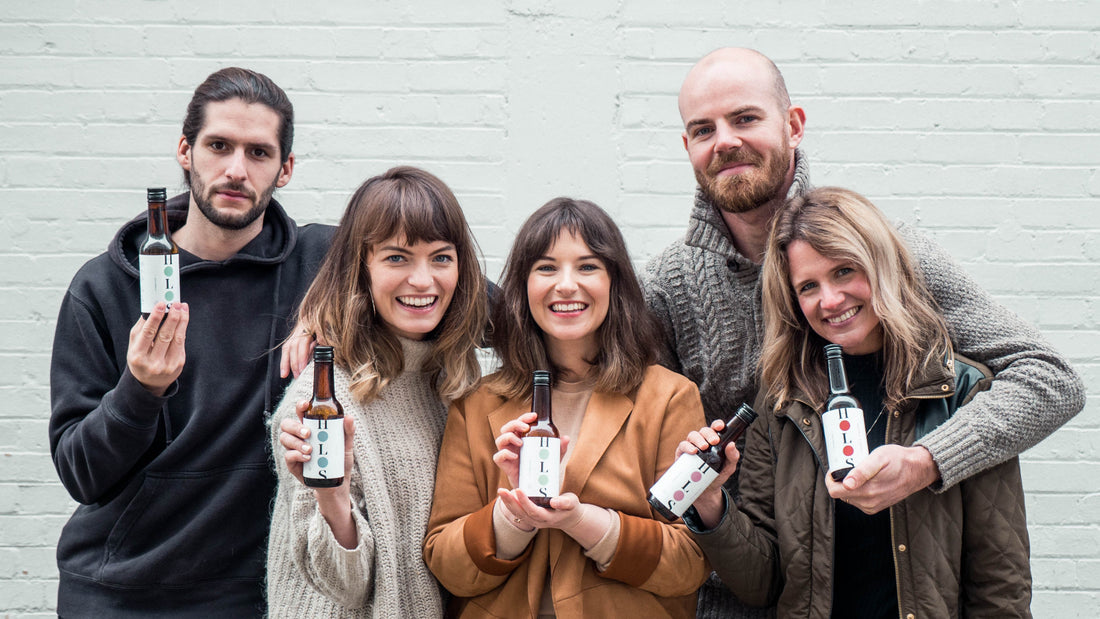Sometimes you really don’t know the moment your life will change. For us, it was the moment we met Maya.
It was a muggy, warm night in Phnom Penh. Megan and I were out for a walk when we saw the familiar sight of women, watched closely by the men they were being exploited by, stood on the side of the road waiting for business. It was there we met Maya.
We chatted with her over greasy noodles from a local stall, and she told us she was thirty – the same age as me at the time. She talked of her five children and her abusive, absent father. She talked of her exploitation. I was deeply uncomfortable, noticing the stark contrast of my safe and free existence with hers – trapped and in danger.
As we got to know Maya, she talked of her passion for nail art. So we did a very simple thing – we bought her a nail kit and organised for her to do manicures by our hotel pool for the guests. This one small act led to two much bigger things.
First (and most importantly), Maya’s life turned around. She started working. She found local community and sought help. A year later she was off the streets, and her children were thriving - in school, safe and happy. A cycle had been broken.
Second, a seed of an idea took root and shape in us: what if a business could provide employment and freedom for people like Maya in the UK?
I returned back to London while Megan, a compassionate humanitarian, stayed working in Cambodia. I started to look into the issue of slavery in the UK. There are tens of thousands of Mayas in the UK today. Some of them are working in the sex trade. Others are forced into domestic servitude, manual labour or criminal activity. Wherever you are sitting right now, you are probably only a few metres from a modern-day slave. And even if all slaves were freed tomorrow, we believe at least 40% would end up being re-trafficked, through a combination of vulnerability and lack of opportunity. This is where employment comes in – to help break that cycle.
The desire to help survivors of trafficking through employment was so strong I quit my corporate job, just knowing I had to do … something! In a subsequent series of conversations in London cafes, I found Christine, a warm-hearted, brilliant editorial and PR manager with a similar vision. Together with others we developed an employability programme for survivors of trafficking, delivering it through anti-trafficking charity The Sophie Hayes Foundation in safe-houses across London and beyond. But we kept coming back to that seed of an idea – building a business to provide training and work for survivors of trafficking.
Meanwhile Megan married Joseph, a talented videographer and creative, and together they were working with the poor and vulnerable around the world. When they came back to the UK, we joined forces.
We started to explore what kind of business would work well for our social purpose. We reverse-engineered the business – finding a product to suit the social cause, rather than the other way around. We used our experience working with survivors of trafficking to define what the business model should be. We looked at clothing, jewellery, soap and other ideas (dog food was discussed at one point!). Having spotted kombucha around the world we decided to give it a go, taking over Megan’s tiny London kitchen with fermented jars of unusual-tasting booch and spending hours on laptops after work dreaming up the brand and impact.
But there was still a skills gap - we needed the practical business skills that could really bring a product to market. Fortunately my engineer husband Tom had harboured a life-long dream of entrepreneurship and jumped on board, eventually leaving his job to run HOLOS full time as our MD. Tom’s grit and relentless focus on excellence took our kombucha to scale – from our garage, to a smaller and then on to a larger brewery, where we are now based.
Right from the start, it was important to us to use traditional, small-batch authentic methods and all-natural ingredients. We developed four artisanal flavours and started selling in a few independent cafes who believed in our cause. Then came the health stores and online sales (along with a booming monthly subscription service). Now we are selling our award-winning flavours and our new champagne-style kombucha in retailers, restaurants and bars across the UK.
Our team of five founders has been joined along the way by numerous others who have supported HOLOS with their time, investment, energy and skills – the latest additions being our incredible sales team, who are passionately growing the brand to a bigger scale than we ever dreamed. But even as the business grows, the social impact grows with it, hand-in-hand.
In the summer of 2019, we offered our first seasonal roles to survivors of trafficking, and this year we will be providing four jobs to survivors, and next year, six. This is small fry compared to the problem, but our real vision is that other small businesses will join us in the fight against slavery – and together we can all make an impact.
Sometimes we must allow ourselves to feel a sort of holy discomfort. To resist desensitising or distraction and allow the moment - the cause, the need we see before us - to change us. It was this discomfort, this call, that I felt when I first encountered Maya, and her story out of slavery planted a seed that changed us and birthed a business. Now we want to pass it on.
So I feel compelled to encourage you - what moment is currently waiting for you? What are the needs around you? Is there the smallest seed of an idea being planted in you, even at this moment? All we can say is - pay attention! There may be more here than first meets the eye.
This post was first published on the Soul Circus blog. Since we wrote this, HOLOS has begun employing survivors of modern slavery within sales support roles. These roles provide an opportunity to belong as part of a team, earn income and grow in skills. We are currently providing two placements to survivors and our goal is to have four placements established by the end of 2021.
We work with charity partners Caritas Bakhita House and Orchards to fulfil our social purpose of employing survivors of modern slavery.

